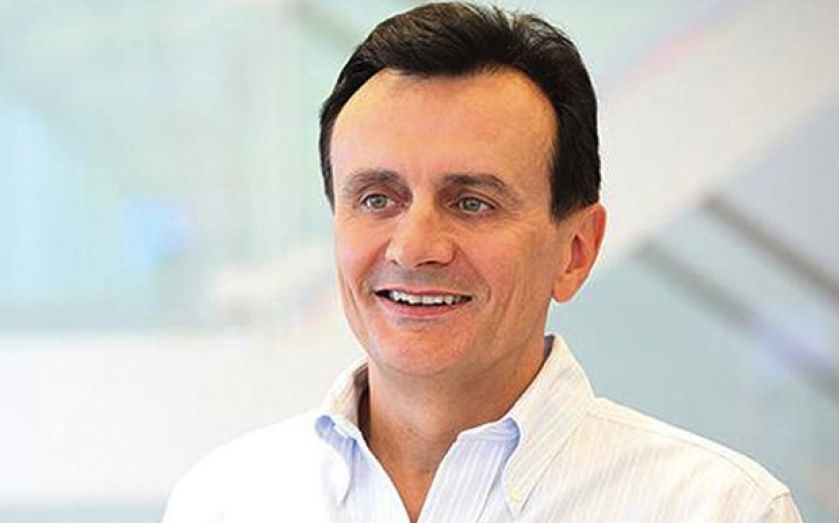Astrazeneca and Pfizer: It’s a conscious uncoupling as drugmakers go separate ways

Drugmakers Astrazeneca and Pfizer yesterday put to bed their “will they, won’t they” bromance by signing new deals with other companies.
FTSE 100-listed Astrazeneca, which fought off a £69bn takeover approach from larger US rival Pfizer in late May, said it had agreed to buy Spanish firm Almirall’s lung drugs business for up to $2.1bn (£1.2bn). The acquisition beefs up one of Astrazeneca’s key divisions, as it looks to prove that it has strong prospects as a standalone company.
Astrazeneca will pay $875m immediately and up to a further $1.22bn, dependent on development, launch and sales-related milestones.
Chief executive Pascal Soriot said it expected the deal to be “rapidly accretive to earnings”.
Rothschild was advising Almirall.
Meanwhile, Pfizer showed that it had also got over the relationship by agreeing to buy Baxter International’s vaccines portfolio for $635m. It includes a meningitis vaccine and one to prevent tick-borne encephalitis, a brain infection.
Credit Suisse served as Pfizer’s financial adviser, while Kirkland and Ellis acted as legal counsel.
Astrazeneca unveils its second-quarter results today, which Panmure Gordon analysts expect will show “a continuing lack of growth”, with revenue declining 2.5 per cent to $6.1bn.
With the company under pressure to justify its rejection of Pfizer’s takeover bid to its shareholders, Soriot has set an ambitious target of 75 per cent revenue growth to $45bn by 2023.
Pfizer is allowed to make another approach for Astrazeneca from late August under UK takeover rules.
Astrazeneca’s shares closed 0.8 per cent higher at 4,357.5p.